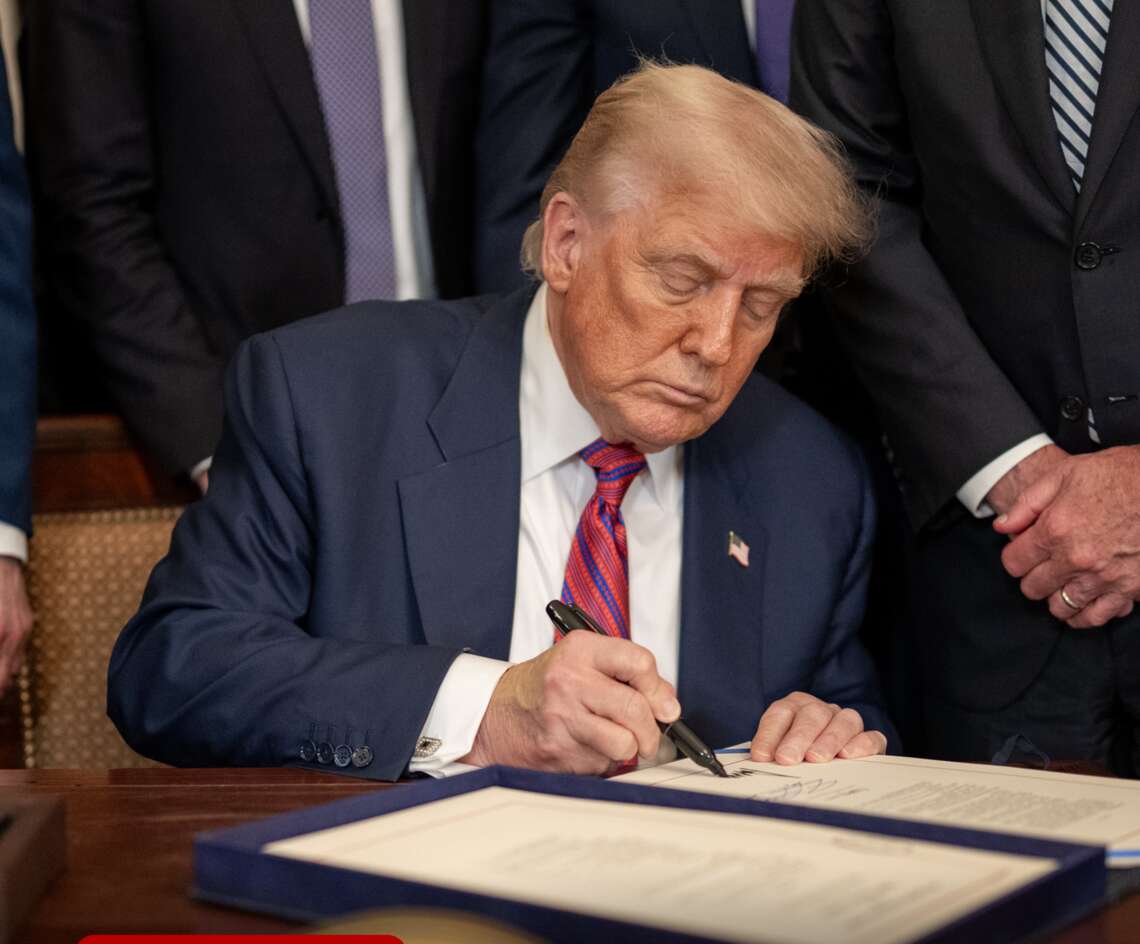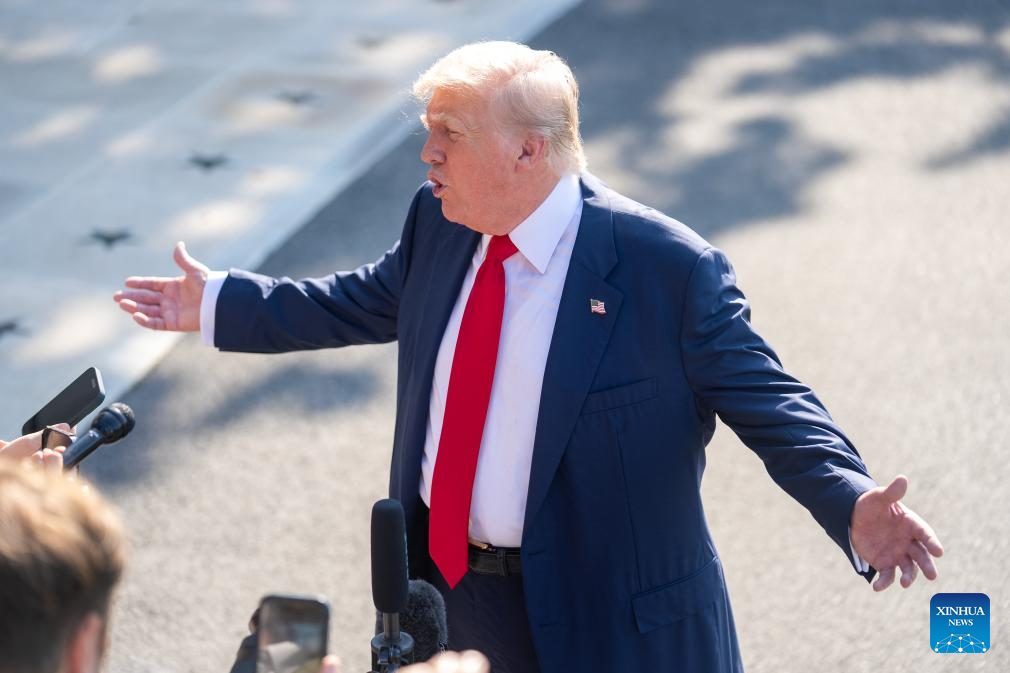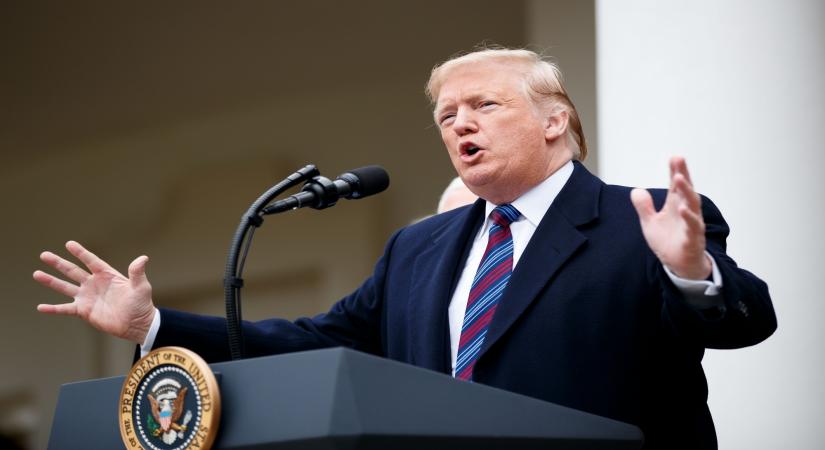Trump Administration Rejects WHO Pandemic Treaty Amendments, Citing U.S. Sovereignty
The Trump administration has formally rejected a set of amendments to the World Health Organization’s International Health Regulations (IHR), claiming the changes threaten U.S. sovereignty and individual freedoms.
In a joint statement on Friday, Secretary of State Marco Rubio and Health and Human Services Secretary Robert F. Kennedy Jr. declared the United States would not accept the amendments agreed upon at the World Health Assembly in 2024. The decision comes as part of President Donald Trump’s broader push to withdraw the United States from the United Nations health body, a move initiated on his return to office in January 2025.
“The amendments risk unwarranted interference with our national sovereign right to make health policy,” Rubio and Kennedy said. “We will put Americans first in all our actions and we will not tolerate international policies that infringe on Americans’ speech, privacy or personal liberties.”
The amendments—meant to strengthen the global pandemic response after the COVID-19 crisis—were negotiated last year in Geneva. They include provisions to enhance coordination, improve equity in healthcare during emergencies, and establish a panel to assess the needs of developing countries. Although largely symbolic, the reforms represent a shift toward greater global cooperation in future health crises.

The United States participated in the negotiations under then-President Joe Biden but objected to final consensus over concerns about protecting American intellectual property, particularly on vaccine development.
Rubio and Kennedy, both staunch nationalists and vocal critics of global health mandates, also cited the WHO’s perceived susceptibility to political pressure, particularly from China. “The changes fail to adequately address the WHO’s susceptibility to political influence and censorship – most notably from China – during outbreaks,” they said.
WHO Director-General Tedros Adhanom Ghebreyesus expressed regret over the U.S. decision. In a post on X (formerly Twitter), he said the amendments explicitly respect member states’ sovereignty and stressed that the WHO “cannot mandate lockdowns or other coercive measures.”
Arab News reports that countries have until Saturday to officially lodge reservations against the amendments. The United States now joins a small but vocal group of countries, including conservative factions in Britain and Australia, opposing the new framework.
The proposed amendments were seen as a fallback after global talks to negotiate a more ambitious pandemic treaty fell through. While most of the world reached a limited agreement in May 2025, the U.S. did not participate due to its withdrawal process from the WHO.
The rejection underscores Trump’s ongoing scepticism of international institutions and global health governance














